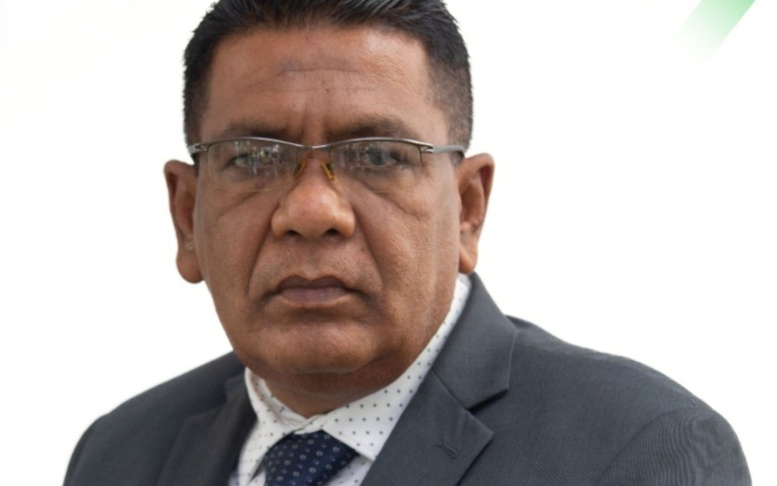Guyana is on the cusp of a significant milestone in its hemp industry development as the Agriculture Ministry prepares to appoint a Chief Executive Officer (CEO) for the Industrial Hemp Regulatory Authority (IHRA). Minister Zulfikar Mustapha has confirmed that this critical role is expected to be filled soon, with operations set to commence by the end of February.
The planned appointment follows the recent formation of the IHRA board and marks a key step in the country’s journey toward commercializing industrial hemp.
Guyana’s Industrial Hemp Act, passed in 2022, established the legal framework for hemp cultivation, setting the maximum THC level at 0.3% or less. The IHRA will handle licensing, monitor cultivation, and enforce regulations to ensure compliance with the law. Those found growing or processing hemp without a license face hefty fines or imprisonment.
Slow progress
Despite the Act being passed over two years ago, progress has been slow, largely due to the absence of a functioning regulatory body. This delay has held up the widespread commercialization of hemp, which could boost Guyana’s agriculture sector, particularly as the country grapples with declines in traditional crops like rice and sugarcane.
According to government estimates, up to 50,000 farmers are out of work, and hemp could create tens of thousands of sustainable jobs.
Cort Gomes, Secretary of the Guyana Hemp Association (GHA), emphasized the importance of careful planning. “What we don’t want is to rush into this and risk a failing industry,” he said, expressing optimism that the IHRA board would soon be fully established. The board’s primary task will be overseeing the licensing process, which is expected to begin soon.
Regions are targeted
Regions Six (East Berbice-Corentyne) and Ten (Upper Demerara-Upper Berbice) have been earmarked for initial hemp cultivation, with small-scale farmers set to cultivate one to two acres each. The industry is expected to bring a wide range of economic benefits, from the creation of jobs in hemp farming and processing to potential commercial growth in sectors such as retail, banking, and insurance.
Advocates have also worked to distinguish hemp from marijuana, an essential step in educating the public and avoiding stigma. The government’s approach includes stringent regulations to prevent misuse, including a partnership with the Customs Anti-Narcotic Unit (CANU) to monitor production and ensure compliance.


